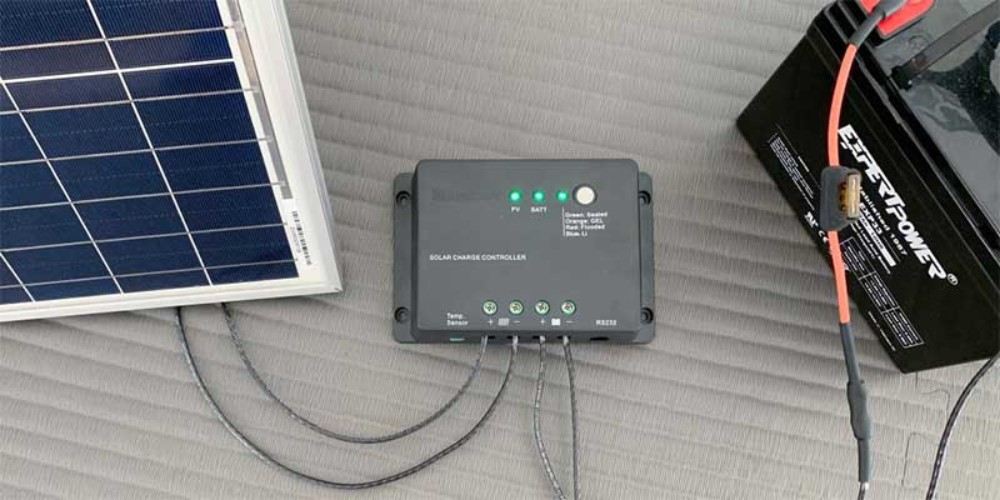what are you looking for?
In the world of solar energy systems, charge controllers play a crucial role in ensuring the optimal performance and longevity of batteries and solar panels. Understanding the types of charge controllers available and their respective benefits is essential for a successful solar setup.
PWM charge controllers are the most commonly used type. They regulate the charging process by intermittently connecting and disconnecting the solar panels to the batteries, maintaining a constant voltage.
MPPT charge controllers are more advanced and efficient. They optimize the power output of solar panels by tracking the maximum power point and converting excess voltage into additional current, maximizing overall energy production.

By preventing overcharging and over-discharging, charge controllers extend battery life and optimize their performance. MPPT charge controllers, in particular, maximize energy production by converting excess voltage into useful current, resulting in higher overall system efficiency. Charge controllers offer protection against electrical faults, such as overloads and short circuits, ensuring the safety of the system and its components. Advanced charge controllers provide monitoring features that allow users to track system performance, troubleshoot issues, and make adjustments for optimal operation.
Charge controllers are indispensable components in solar power systems. They regulate the charging and discharging process, protect batteries, and maximize overall energy production. Whether using PWM or MPPT technology, choosing the right charge controller is crucial to ensure the efficiency, longevity, and safety of a solar power system.

Xiamen SLD Technology Co., Ltd
 Chengyi North Street, Software Park 3, Jimei District, Xiamen Fujian, China
Chengyi North Street, Software Park 3, Jimei District, Xiamen Fujian, China +86 188 5929 8629
+86 188 5929 8629 sales@solarlightsdo.com
sales@solarlightsdo.com Blog | Sitemap | XML | Privacy Policy
Blog | Sitemap | XML | Privacy Policy

